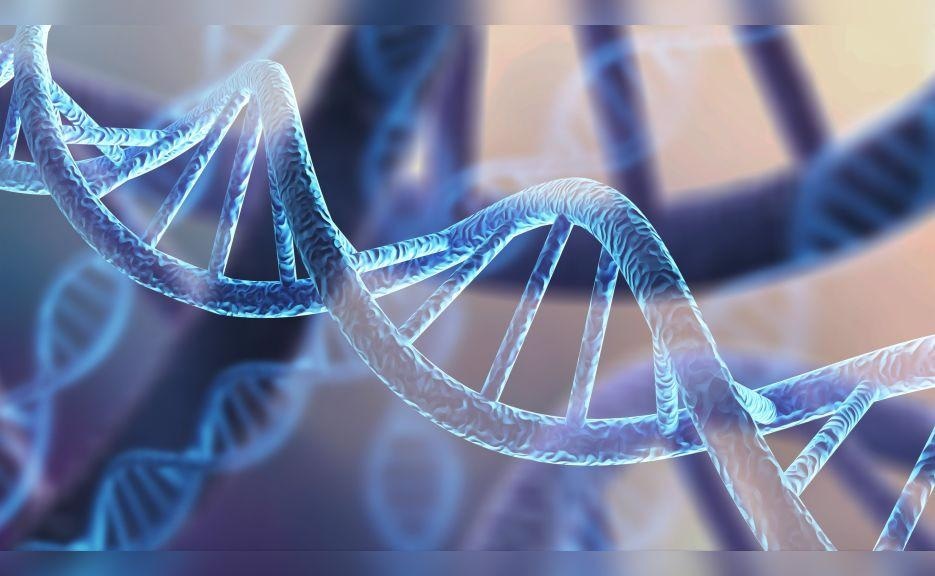Reviewed by Danielle Ellis, B.Sc.Apr 15 2022
According to a Yale Cancer Center study, there is cancer-relevant value in a substantially greater portion of human genes than existing cancer research models suggest, based on a study of over 12,000 human genes. A few dozen well-studied genes known as “cancer driver genes” are the subject of much cancer biology research.
 Yale findings broaden the repertoire of cancer-relevant genes. Image Credit: Yale School of Medicine
Yale findings broaden the repertoire of cancer-relevant genes. Image Credit: Yale School of Medicine
The recent results show that a greater number of genes are linked to cancer driver genes and may influence cancer biology. The results were published in the Journal of the National Cancer Institute.
Using the STRING (Search Tool for the Retrieval of Interacting Genes/Proteins) protein interaction network, the researchers classified 12,767 human genes as core cancer genes (n = 468), one (n = 5,467), two (n = 5,573), three (n = 915), and more than three steps (n = 416) distant from the nearest CCG.
Using a gene dependency rating, the researchers calculated the functional value of the genes for cancer and discovered that a huge number of other human genes, known as “passenger genes,” are linked to core cancer genes and may drive cancer biology.
The researchers discovered that these previously unnoticed “passenger” alterations are functioning. The level to which they have an effect is determined by the presence of other mutations.
These findings substantially broaden the repertoire of cancer relevant genes. It is likely that their biologic contributions are cell type and genomic context dependent and that any given mutation may be functionally important in one person, but not in another individual.”
Lajos Pusztai MD, DPhil, Study Lead Author and Professor, Medicine (Medical Oncology), Yale Cancer Center
The results of the study point to a biological paradigm in which multiple “passenger” mutations in cancer offer some purpose and together influence the clinical behavior of each person’s cancer diagnosis.
Yale Cancer Center, the Breast Cancer Research Foundation, and the American Society of Clinical Oncology all contributed to the study’s funding.
Source:
Journal reference:
Qing, T., et al., (2022) Cancer Relevance of Human Genes. Journal of the National Cancer Institute. doi.org/10.1093/jnci/djac068.